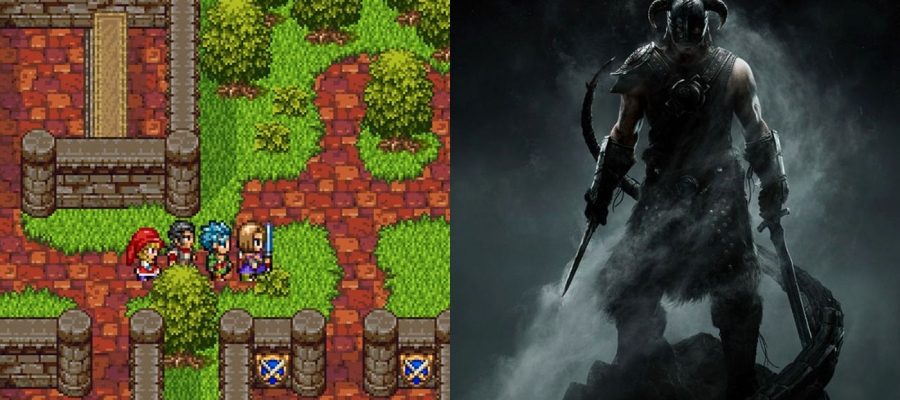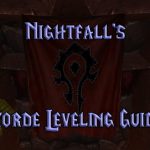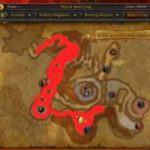Content Table:
RPG Games for Beginners
For those of you who don’t know, RPG stands for Role Playing Game, and it is one of the most played types of games nowadays.
Becoming the Hero
In RPGs, you are the main hero, interacting with other characters known as NPCs (Non-Playable Characters) if you are playing single-player. These NPCs will give you quests to complete, which are essential for gaining experience and advancing to higher levels.
Quests and Storylines
The storyline typically features a main quest that, once completed, will end the game, alongside many side quests that help develop your character. While side quests are not mandatory, they enrich the story and often lead to valuable rewards, making them worth pursuing.
Character Types and Customization
Most RPG games allow you to choose your character type at the beginning. You will usually find several character types with different attributes, but they typically fall into three main categories: Wizard, Fighter, and Archer. Each category has its own specializations and subcategories depending on the game. For example, a wizard can specialize in various types of spells, such as Earth, Water, Dark Magic, White Magic, Fire, Lightning, and Nature.
Character Growth and Attributes
How do you grow your character? This varies from game to game, but the basics typically include:
- Life: Often referred to as life points, representing your health.
- Mana: Mana points represent your wizardry points, which are essential for casting spells. Without them, you cannot perform magic.
- Stamina: Also known by various names depending on the game, this indicates how long you can run or perform special moves.
In addition to these, you may encounter several primary attributes like:
- Strength: Represents the strength of your character, which is crucial if you choose to be a fighter.
- Dexterity: Reflects the agility of your character, usually important for archers.
- Intelligence: Represents your character’s intellect, often crucial for wizards.
Other primary attributes may also appear depending on the game, but rest assured, they are generally well explained within the game itself.
Experience Points
Experience is the heart of RPG games, and it, along with the storyline, will keep you engaged for hours on end! When you defeat monsters or complete quests, you earn experience points. This experience allows you to level up, increasing your strength and enabling you to battle tougher foes. Be mindful of how you allocate your experience points; in the later stages of the game, it’s vital to be powerful enough to overcome the challenges ahead. It’s usually best to choose a specific development path early on and stick with it until the game concludes.
Conclusion
As we reach the end of this introduction to RPG games, I hope I have been able to shed some light on the fundamentals and mysteries of this captivating genre. Stay tuned for part two, where we will delve deeper into strategies and advanced gameplay!



